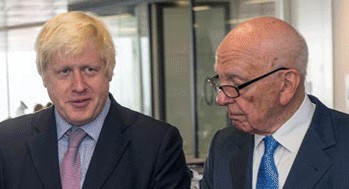
Sociology of nationalism THREAD
We've witnessed the rise of political leaders & parties relying on #populist #nationalist discourse: Trump, Orbán, Modi & Bolsanaro are united by their espousal of nationalism, majoritarianism, populism & authoritarianism.
journals.sagepub.com/doi/full/10.11…
We've witnessed the rise of political leaders & parties relying on #populist #nationalist discourse: Trump, Orbán, Modi & Bolsanaro are united by their espousal of nationalism, majoritarianism, populism & authoritarianism.
journals.sagepub.com/doi/full/10.11…
The nationalist rhetoric employed by these populist nationalist Parties & their leaders is one that presents ‘them’ – ranging from migrants, ethnic and religious minorities, foreign people and states, sexual minorities to liberals – as a threat to the nation. 

'The nation’ (people who can claim an ‘authentic’ national identity & whose interests are to be protected from internal & external threats) is depicted in homogeneous & unified terms. This majority is seen as having the right to rule, while minority populations are marginalised. 
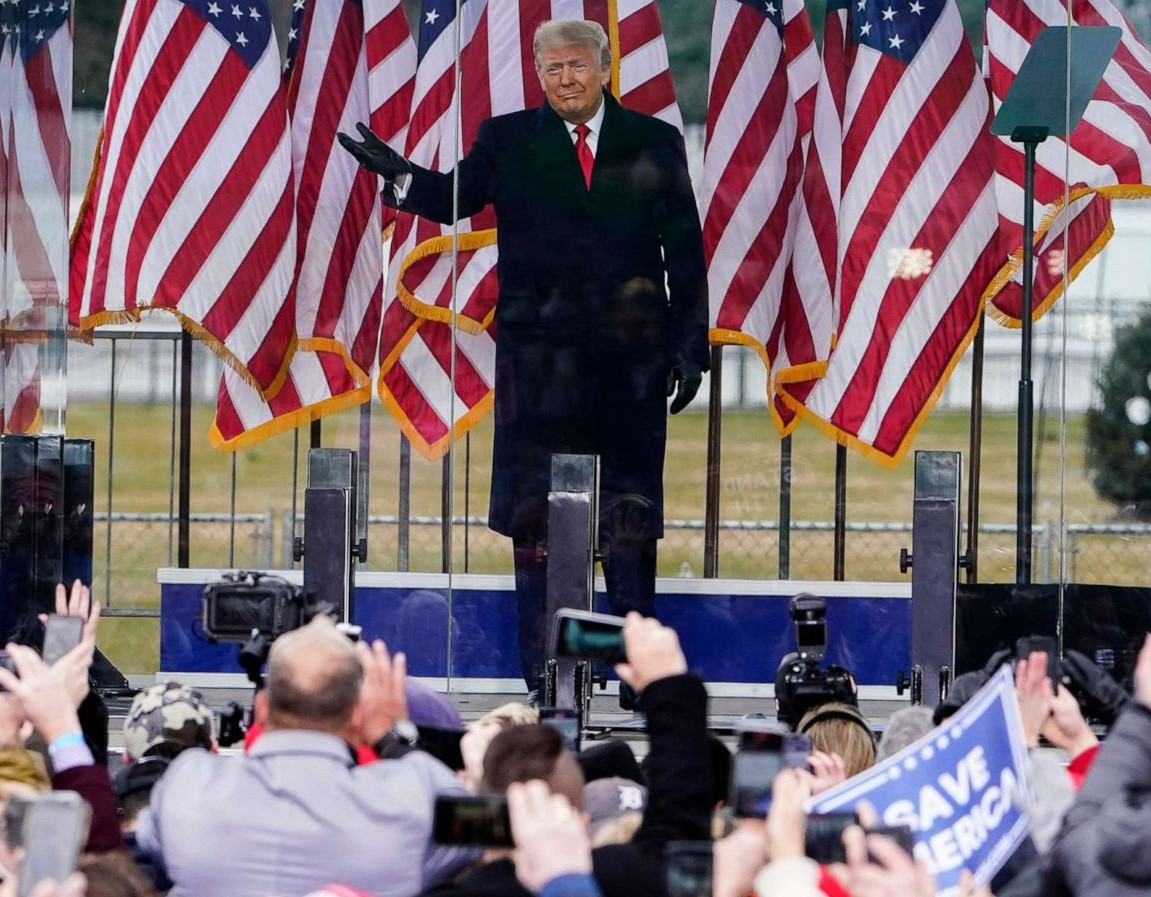
Notions of pluralism are anathema to this kind of nationalism. Populist leaders present themselves as alternatives to the 'political establishment' & prefer to communicate directly to the people (Trump’s tweets) presenting themselves as 'strong leaders'. 

Scholars argue that the resurgence of nationalist discourse & politics should not be interpreted as a ‘return’ of nationalism because, it never went away. The world was never as integrated or democratic as it was assumed, & international arrangements were volatile/disorderly. 
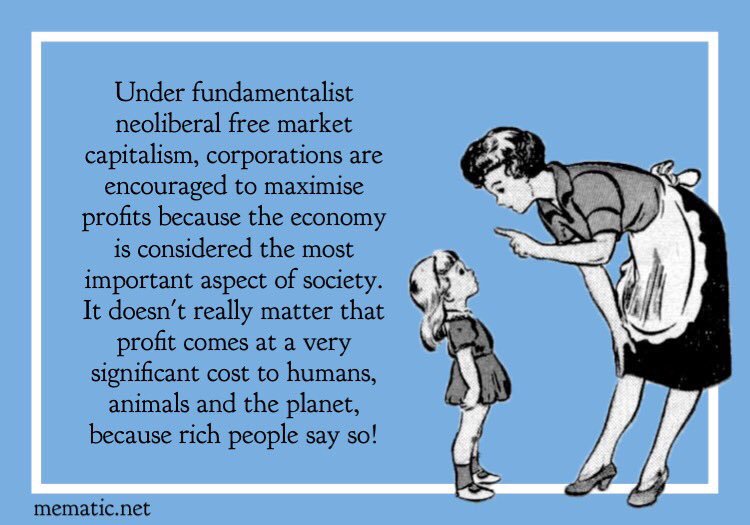
There remains disagreement among scholars as to the beneficial and harmful effects of nationalism - some emphasise the virtues of nationalism, including that it can offer people an important source of belonging and identity, thus offering a basis for social #solidarity.
Others argue nationalism as inherently exclusionary of the ‘other’, based on eg skin colour, religion or class - that the nation should be understood as ‘a politics of enmity’ based on a ‘strong aversion’ towards ‘others’ rather than ‘a politics of belonging’. 
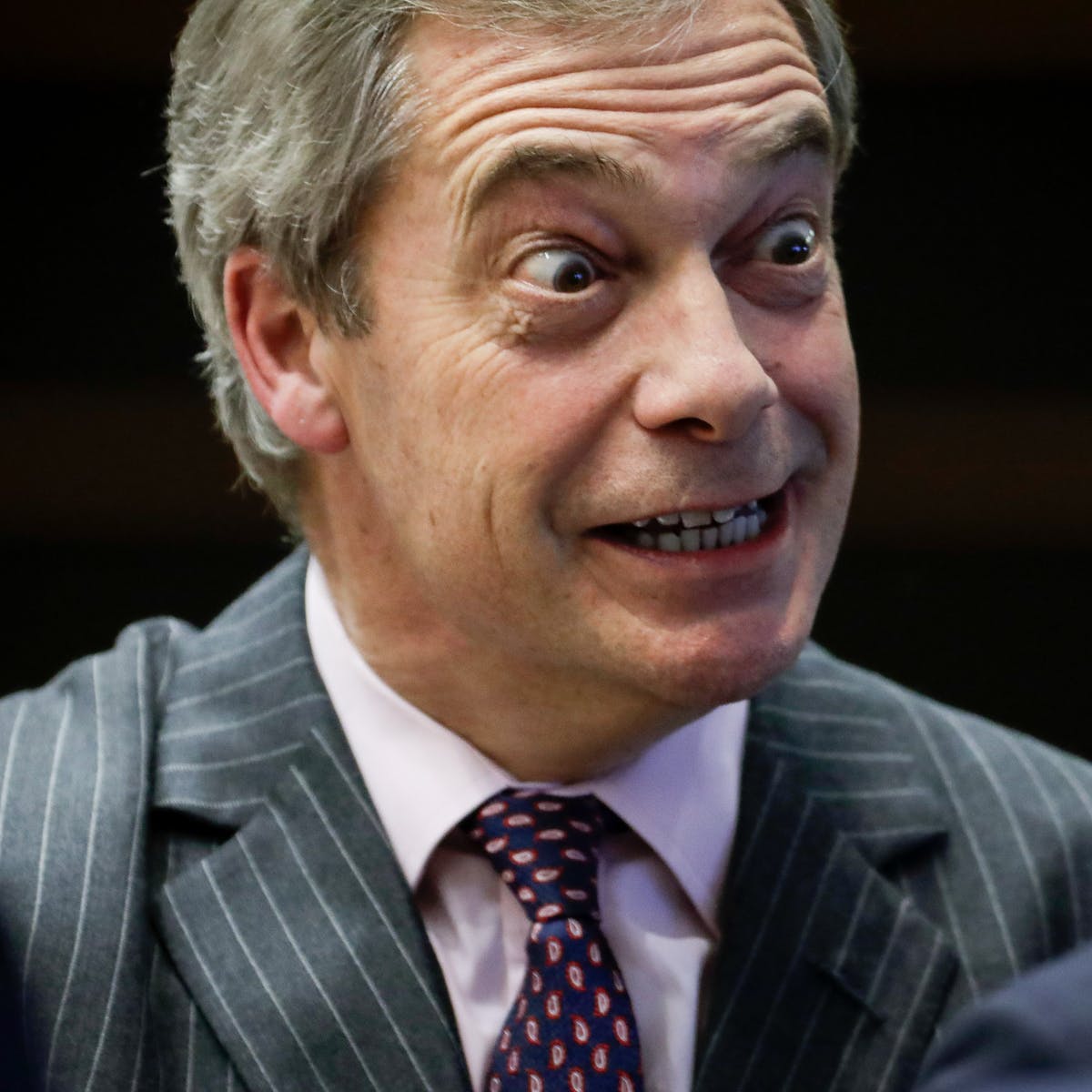
Populist parties have come to exert considerable political influence on public debates, securing a place in government in a number of countries. Many so-called mainstream parties have adopted right wing populist nationalist ideals as a way of securing votes eg the @Conservatives. 
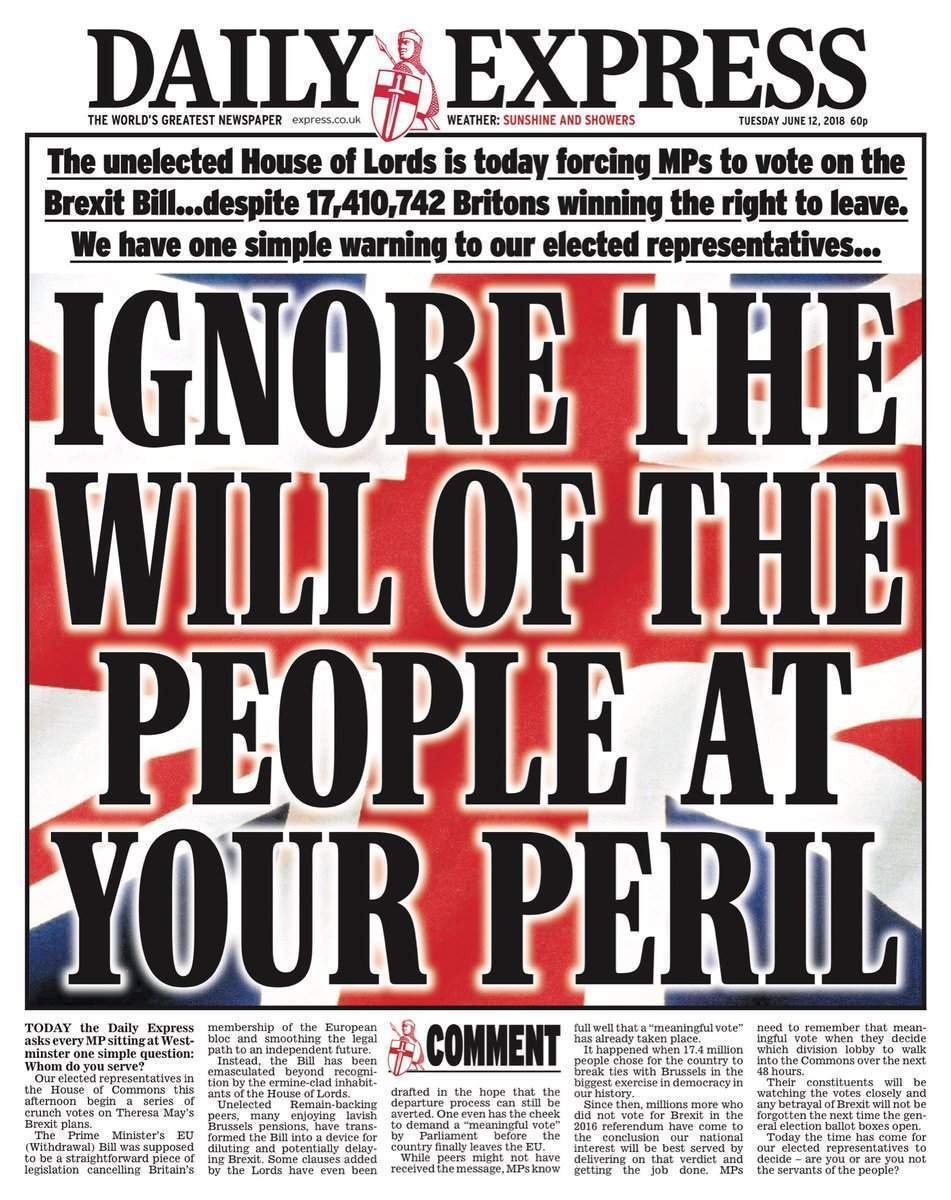
While ‘not all nationalisms are populistic, virtually all populisms are nationalistic’.
Populist politicians claim to speak for ‘the people’, a supposedly forgotten section of the population such as ‘the white working-class’ in the UK/USA, or the ‘hurt’ Hindu majority in India.
Populist politicians claim to speak for ‘the people’, a supposedly forgotten section of the population such as ‘the white working-class’ in the UK/USA, or the ‘hurt’ Hindu majority in India.
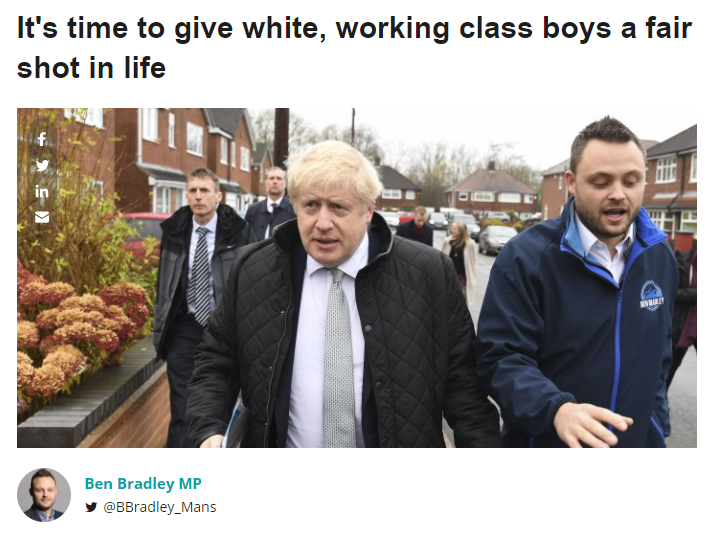
Their rhetoric centres on the need to protect national interests against internal threats posed for example by ‘the liberal elite’ & external threats posed by immigrants & other nation states. 

Populist nationalism is thus centred around xenophobic fears of the ‘other’. In majority white countries, this ‘other’ is usually racialised as non-white, often of immigrant or refugee background. 
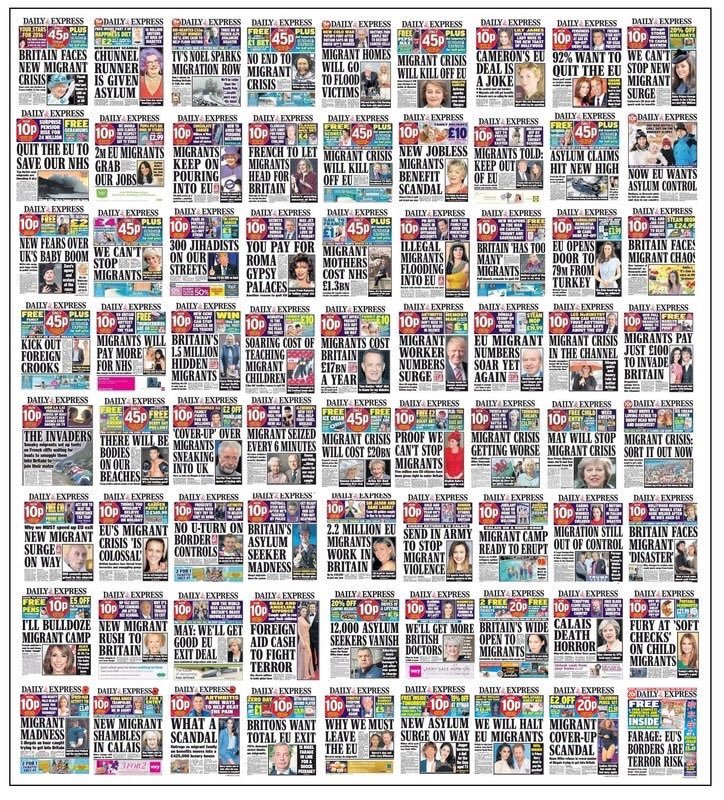
The current moment can also be characterised as one where national sovereignty is coming into sharper focus, leading in some cases to isolationism.
One of Trump’s first acts as president was to announce that the USA would withdraw from the Paris Agreement on climate change.
One of Trump’s first acts as president was to announce that the USA would withdraw from the Paris Agreement on climate change.
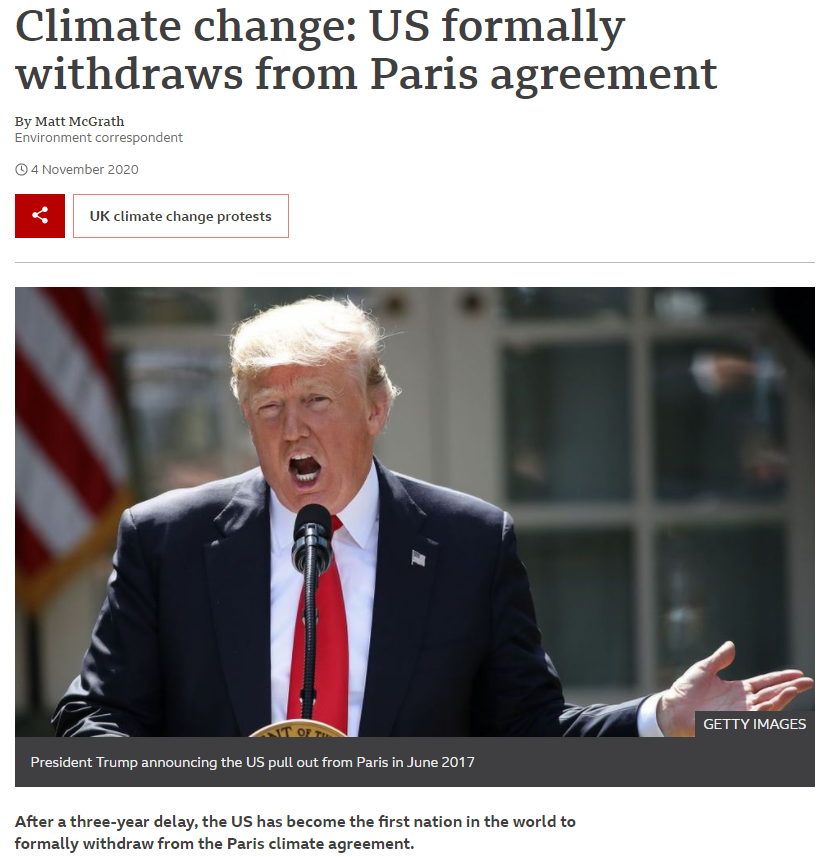
Trump expressed a wish to withdraw from NATO, threatened trade wars with nations such as China, & made executive orders banning citizens from so-called ‘Muslim countries’ from entering the USA & continued to speak of building a wall on the US–Mexico border. 
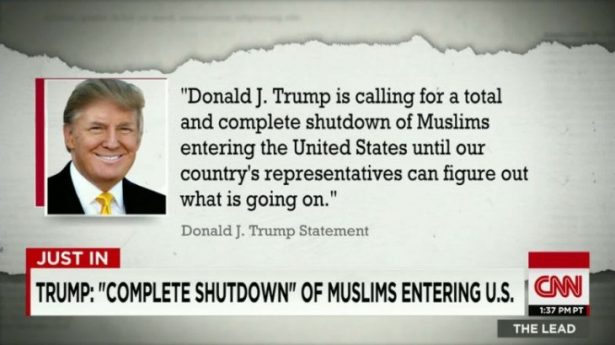
The UK is another example of a ‘turn to an inward nationalism – anxious, defensive and resentful’, exemplified by the debates surrounding Brexit and the government’s ‘hostile environment’ policy towards immigrants. 

Concerning #COVID19, in the EU, what was noticeable in the early weeks and months of the pandemic was the lack of a coordinated response between member countries.
Instead, each country implemented their own measures to control the spread of COVID-19.
Instead, each country implemented their own measures to control the spread of COVID-19.
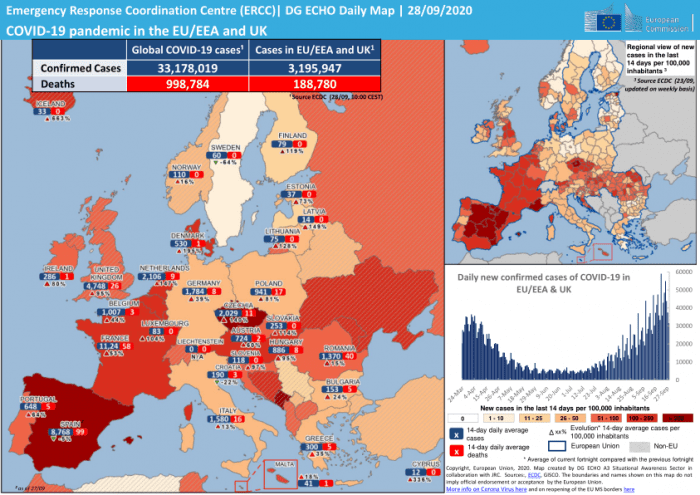
The crisis highlighted the continued salience of nation states, which partly rests on the fact that it is national governments that have the power to close down national borders & to legislate lockdown measures in order to curb the movements of people into & within the country. 

There are unanticipated consequences of the increasingly nationalist politics espoused by the @Conservatives.
As traditional capitalist ideology falls by the wayside, the ideological gap that it has left in its wake has opened up the possibility for anti-capitalist ideologies.
As traditional capitalist ideology falls by the wayside, the ideological gap that it has left in its wake has opened up the possibility for anti-capitalist ideologies.
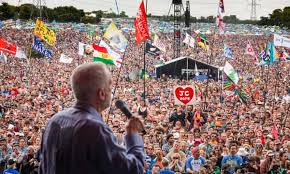
Western nationalism is based on ‘the exclusionary politics of Othering’, made tangible through ‘the provisioning of passports, voting privileges, welfare rights and so forth’.
Anyone who does not belong to the nation is constructed as an outsider.
Anyone who does not belong to the nation is constructed as an outsider.
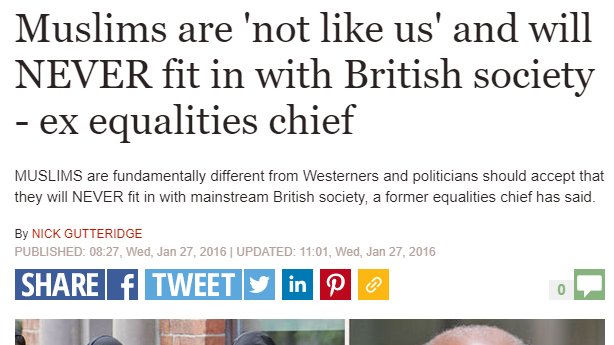
Even those who technically do belong to the nation can find themselves under suspicion as ‘other’, an experience sadly familiar to many ethnic and religious minorities, such as British Asians and African-Caribbeans in the UK. 

The central importance of ‘race’ to the project of nationalism in Europe and the US is well established. It is worth noting the intimate connection between the emergence of nation states, colonialism and constructions of ‘race’. 

National belonging is racialised: racialised minorities are positioned as a threat to national values & culture.
The rise of the far-right feeds on such fears that present racialised minorities as being ‘too many, have been given too much allowance, wield too much power’.
The rise of the far-right feeds on such fears that present racialised minorities as being ‘too many, have been given too much allowance, wield too much power’.
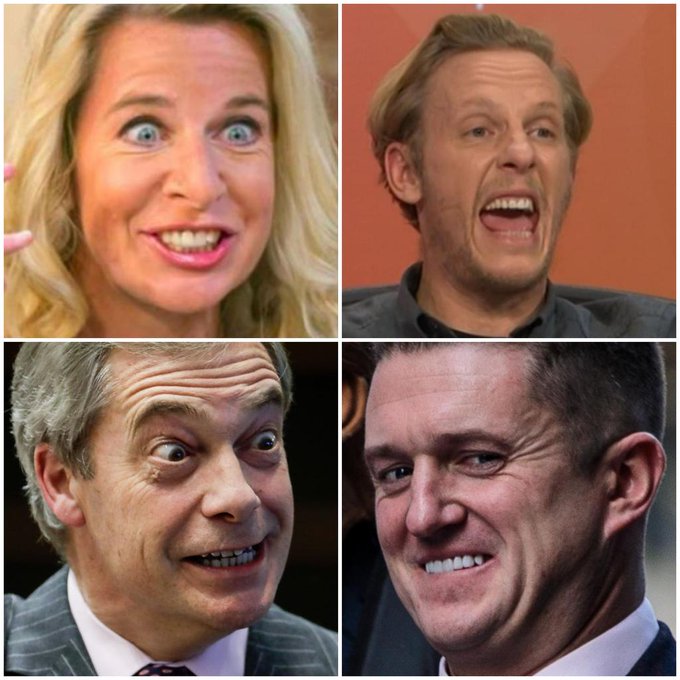
Racialised minorities are regularly reminded of their status as a ‘stranger’ who does not belong to the nation, as ‘their very being, and their right to occupy a certain space’ are challenged in daily interactions. 
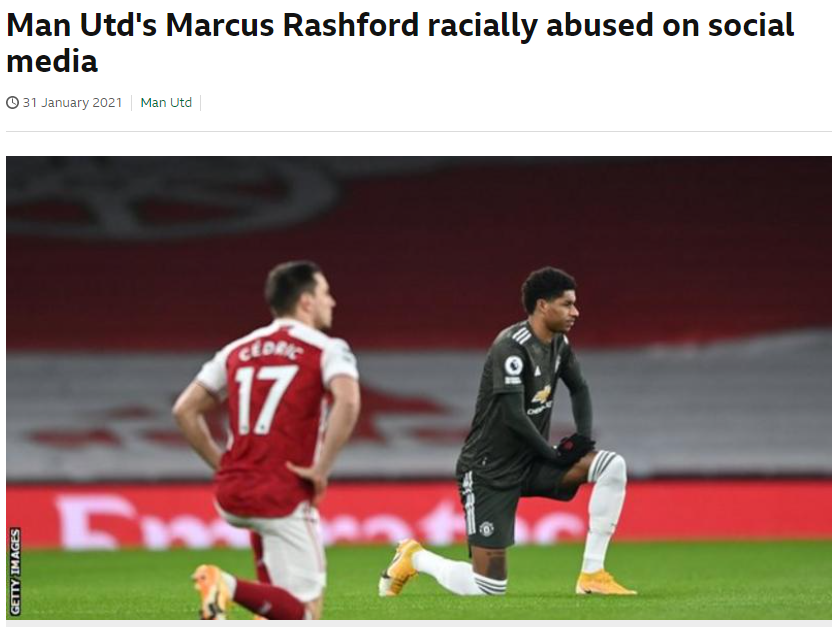
#COVID19 gave rise to the ‘almost total absence of political feeling’ for the most vulnerable populations of the world in war ravaged countries & refugee camps & to disregard the disproportionate impact of the COVID-19 pandemic on racialised minorities in Britain has been met. 
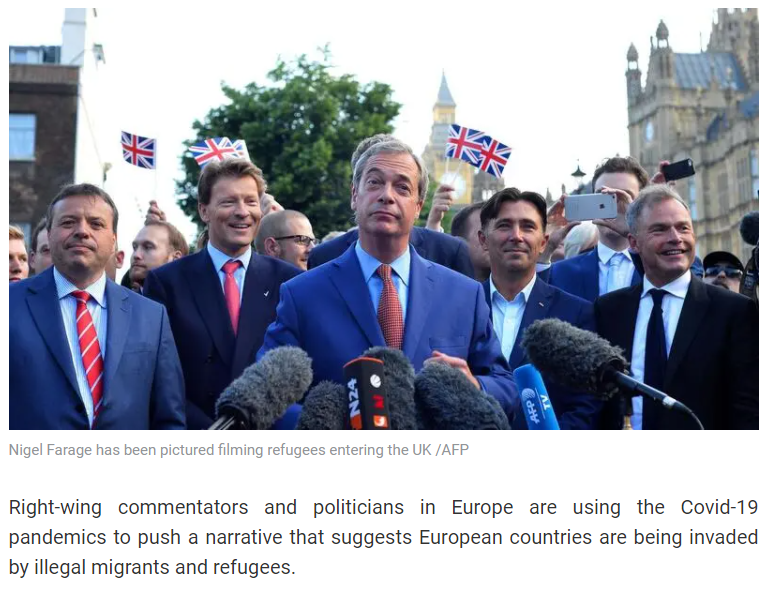
The notion of ‘plastic’ (somehow fake) national identity emerges in the debate in the UK over so-called ‘plastic Brits’ during the 2012 Olympics. Some media outlets were concerned that the authenticity of the Olympics was under threat by foreign-born naturalised British citizens. 

Globalisation and deindustrialisation emerge as key factors in why working-class voters in the Hungarian rustbelt, who historically voted for the Left, have become a key constituent behind the electoral success of Viktor Orbán’s neo-nationalist Fidesz party. 

This could be a countermovement against commodification, globalisation & deindustrialisation which have violated the country’s social contract. The industrial working classes experience job losses, precarity, a drop in living standards & a loss of previously subsidised services. 
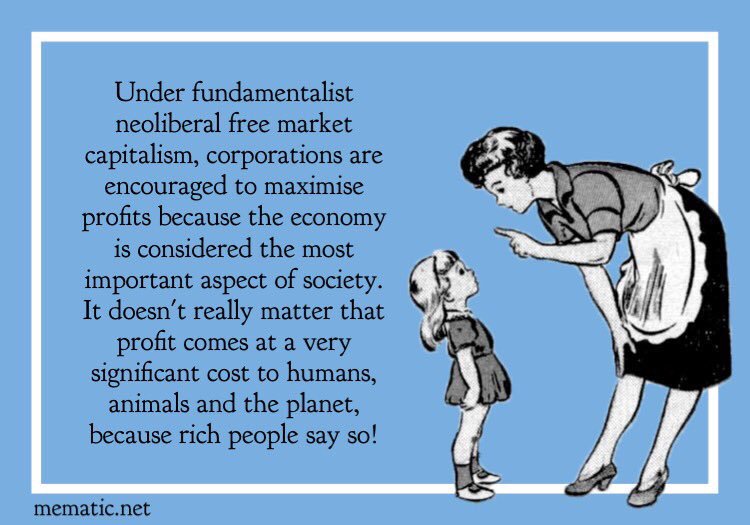
The working classes feel excluded from the distribution of assets that followed the shift to a market economy: In Hunagry at least, but in Britain too, they feel ‘the victim of the transition, abandoned by the Socialist Party and trade unions’. 

The gap left by the loss of class-based language & solidarity that shaped collective identities has been filled by the neo-nationalist ideologies, which identifies foreign capital & elites as the threats to the wellbeing & livelihood of those living in deindustrialised cities. 
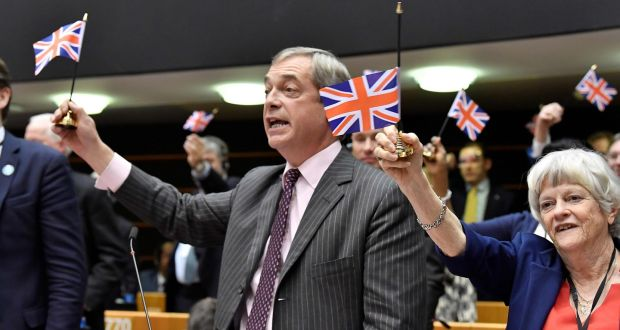
Nationalism fails to offer an appropriate response to global crises, like #COVID19 and the climate crisis.
This is because the crises that nationalism purports to solve are ‘always-already inside’, while national solutions are insufficient to tackle problems at a global scale.
This is because the crises that nationalism purports to solve are ‘always-already inside’, while national solutions are insufficient to tackle problems at a global scale.
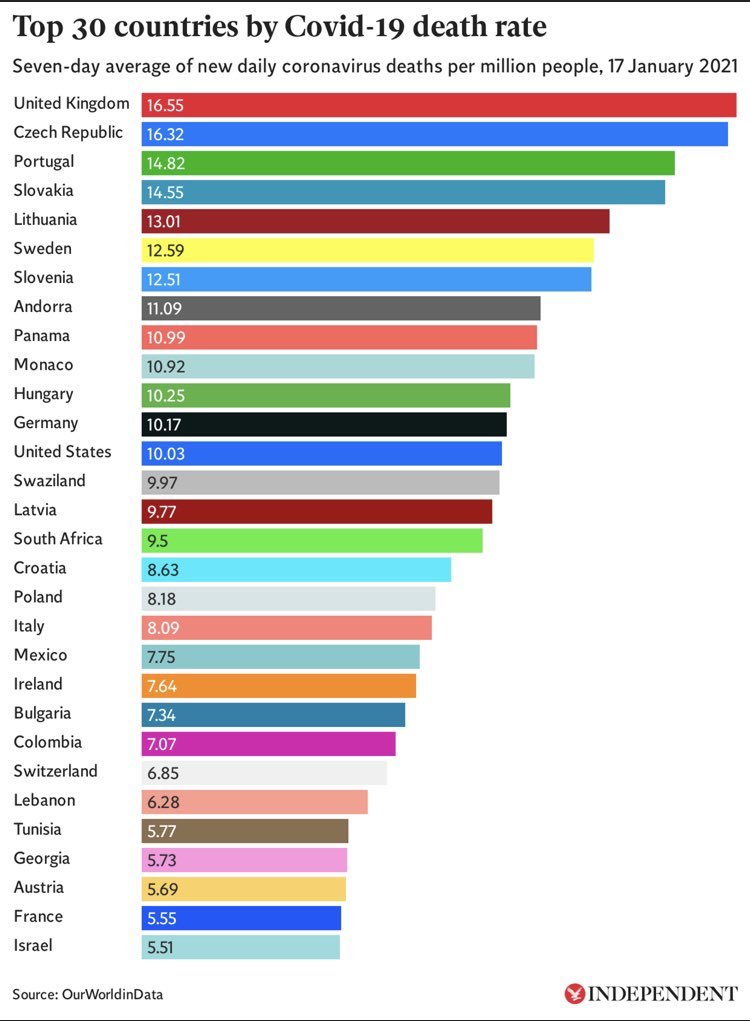
Nation, and nationalism, imbue our everyday lives, from coins and weather maps to linguistic expressions of national belonging.
People are not passive consumers of such everyday forms of nationalism, but rather they reproduce it through their actions, words and thoughts.



People are not passive consumers of such everyday forms of nationalism, but rather they reproduce it through their actions, words and thoughts.
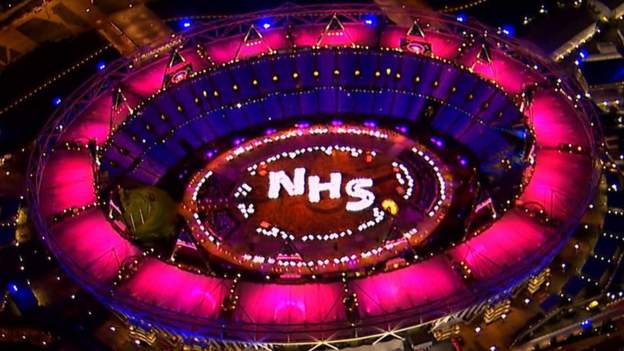
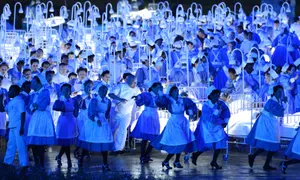
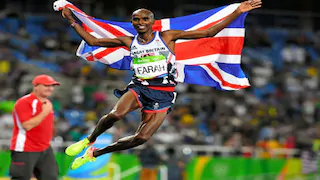
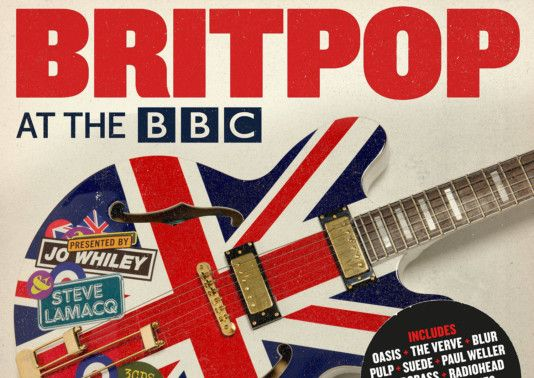
But the banal nationalism of everyday language is used to speak uncritically about the perceived homogeneity of countries & nation states.
The presumed cultural, the political and historical continuity are cited as contributing to an inner core of a nation.
The presumed cultural, the political and historical continuity are cited as contributing to an inner core of a nation.
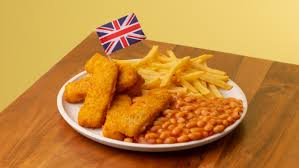
Everyday nationalism involves strategies aimed at securing or making a claim for a sense of national belonging as adopted by those whose national belonging has come under question or threat. 
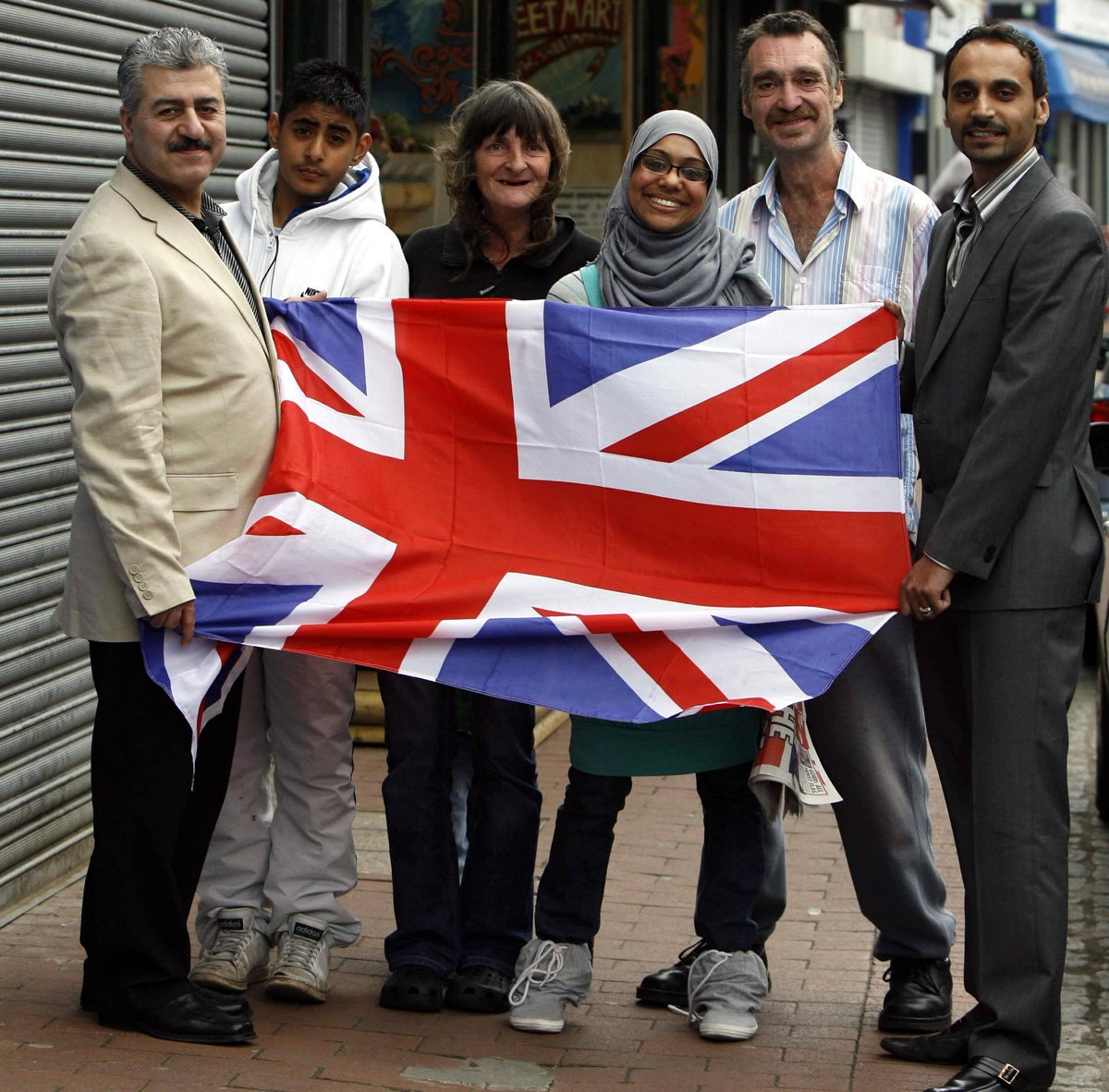
Ethnic minorities in Britain experience nationalism in their everyday lives, such as the ‘othering gaze’ that marks them out as not belonging to the nation. One response to such exclusion is to try to ‘fit in’, for example, by adopting a local accent or Anglicising their names. 

Populist nationalists attempt to construct ‘a single, monolithic national narrative’, thus ensuring that only certain discourses of nationalism are celebrated, which inspire myopic views, & allow for a nationalism that is anchored in false dichotomies between ‘us’ & ‘them’. 
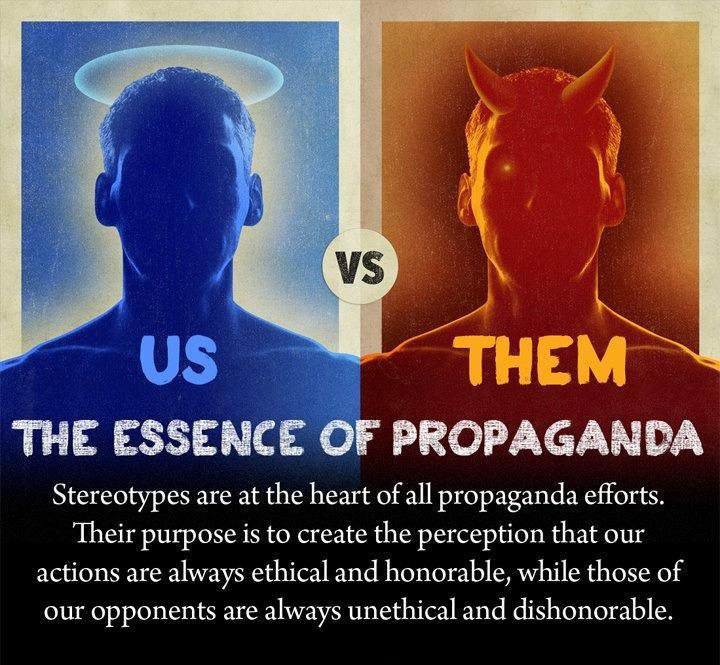
• • •
Missing some Tweet in this thread? You can try to
force a refresh
















